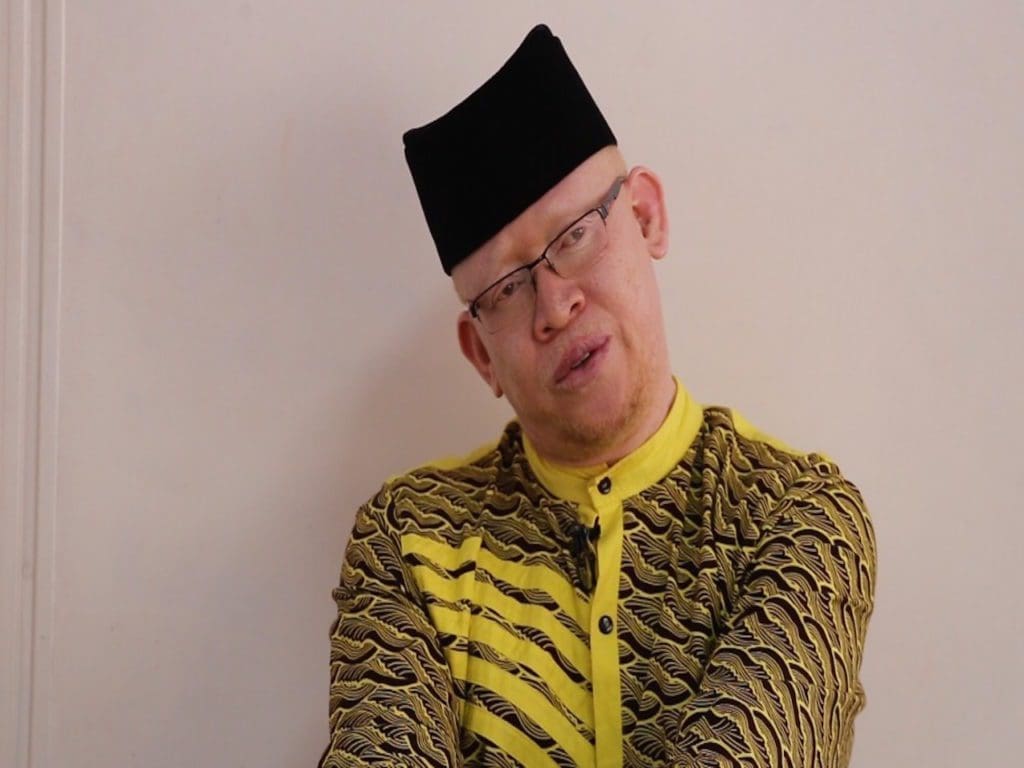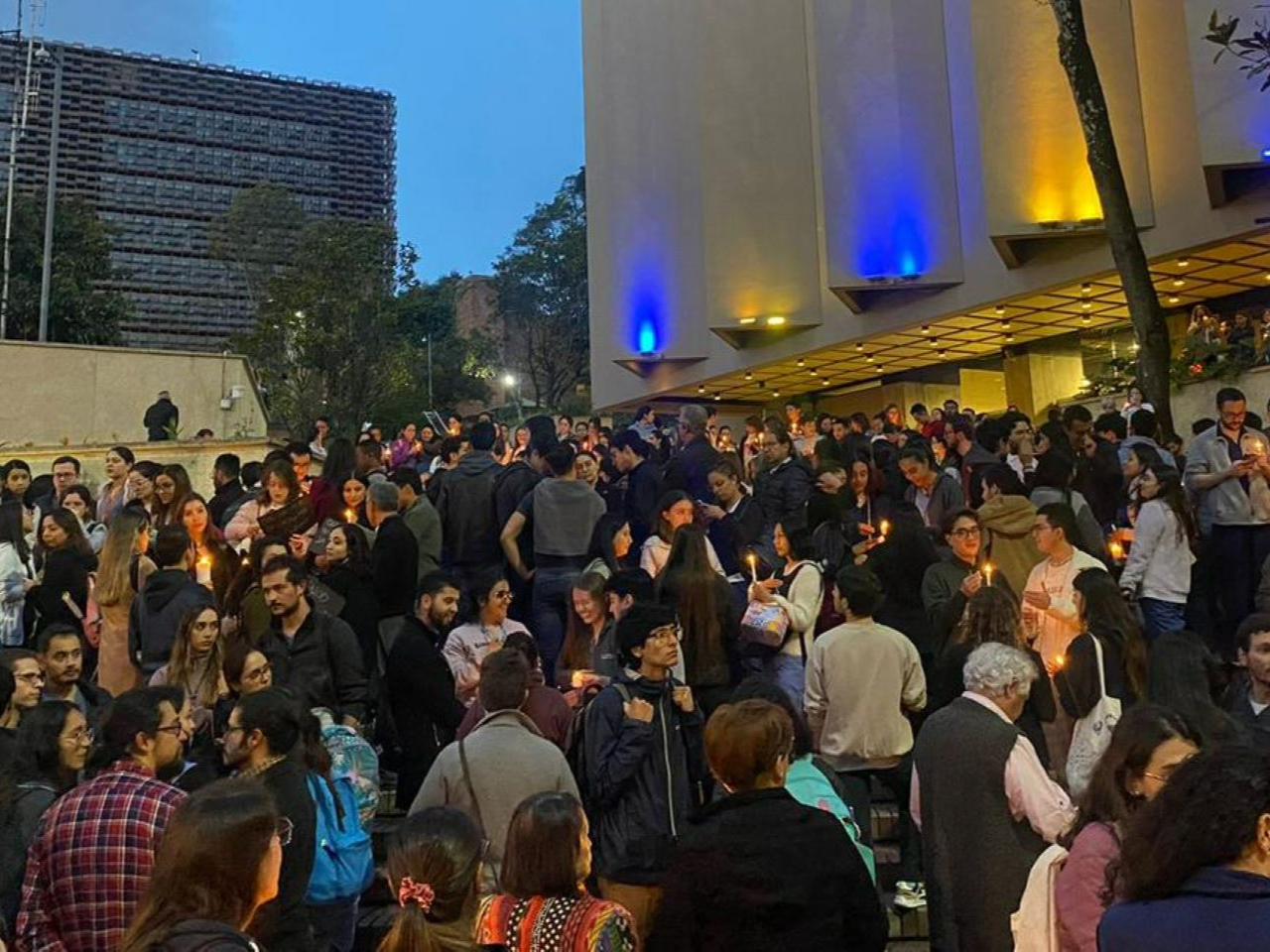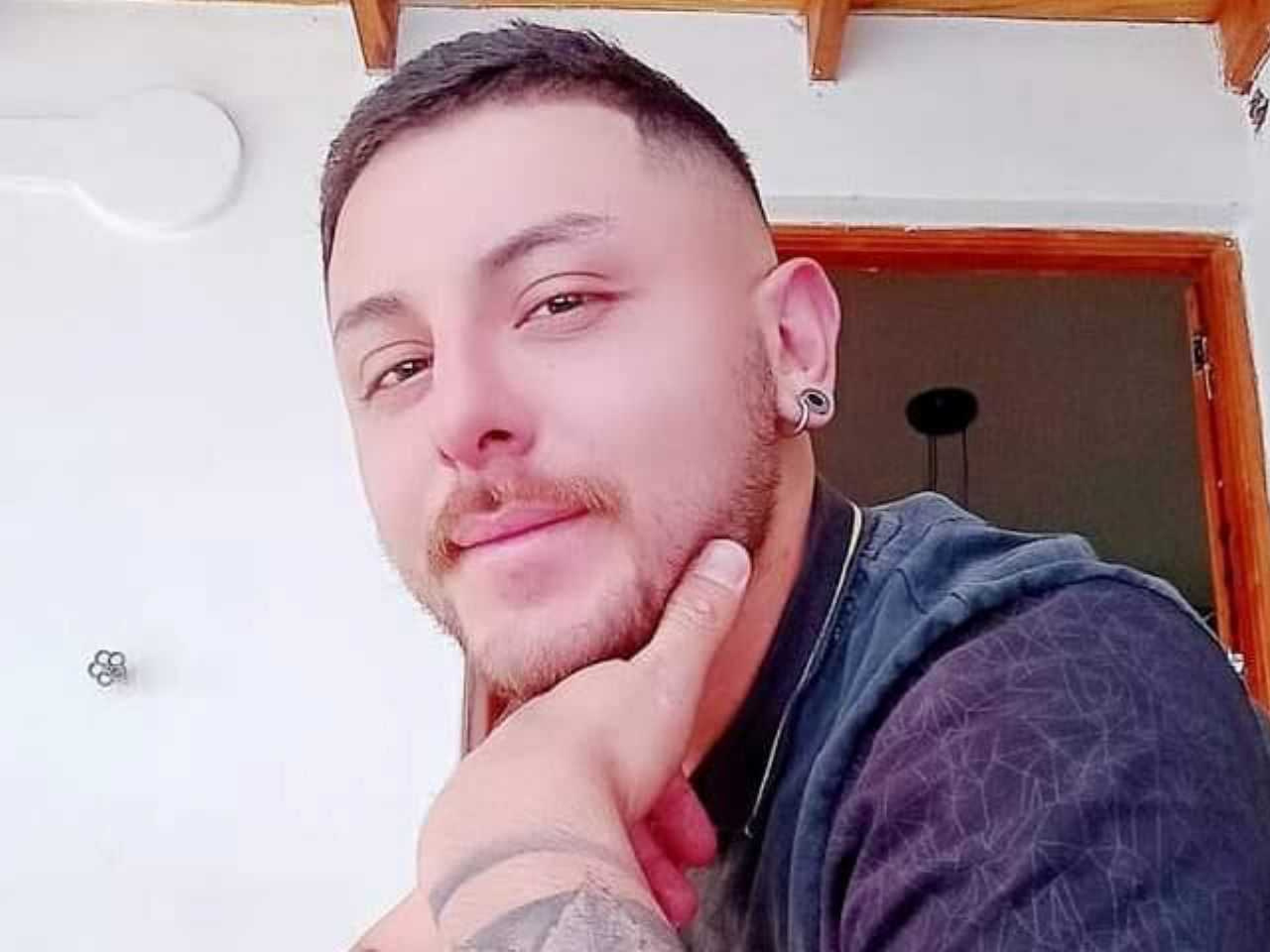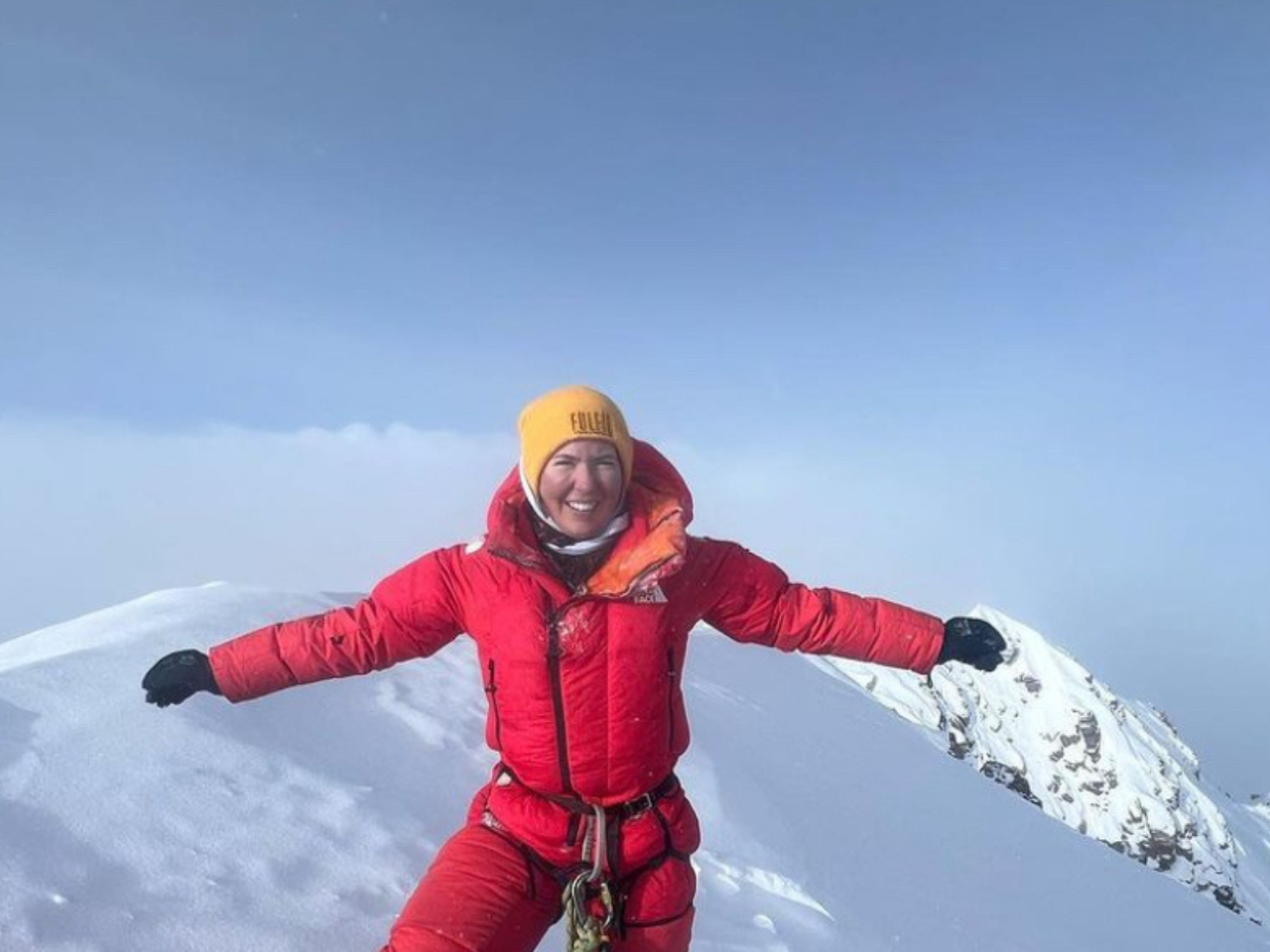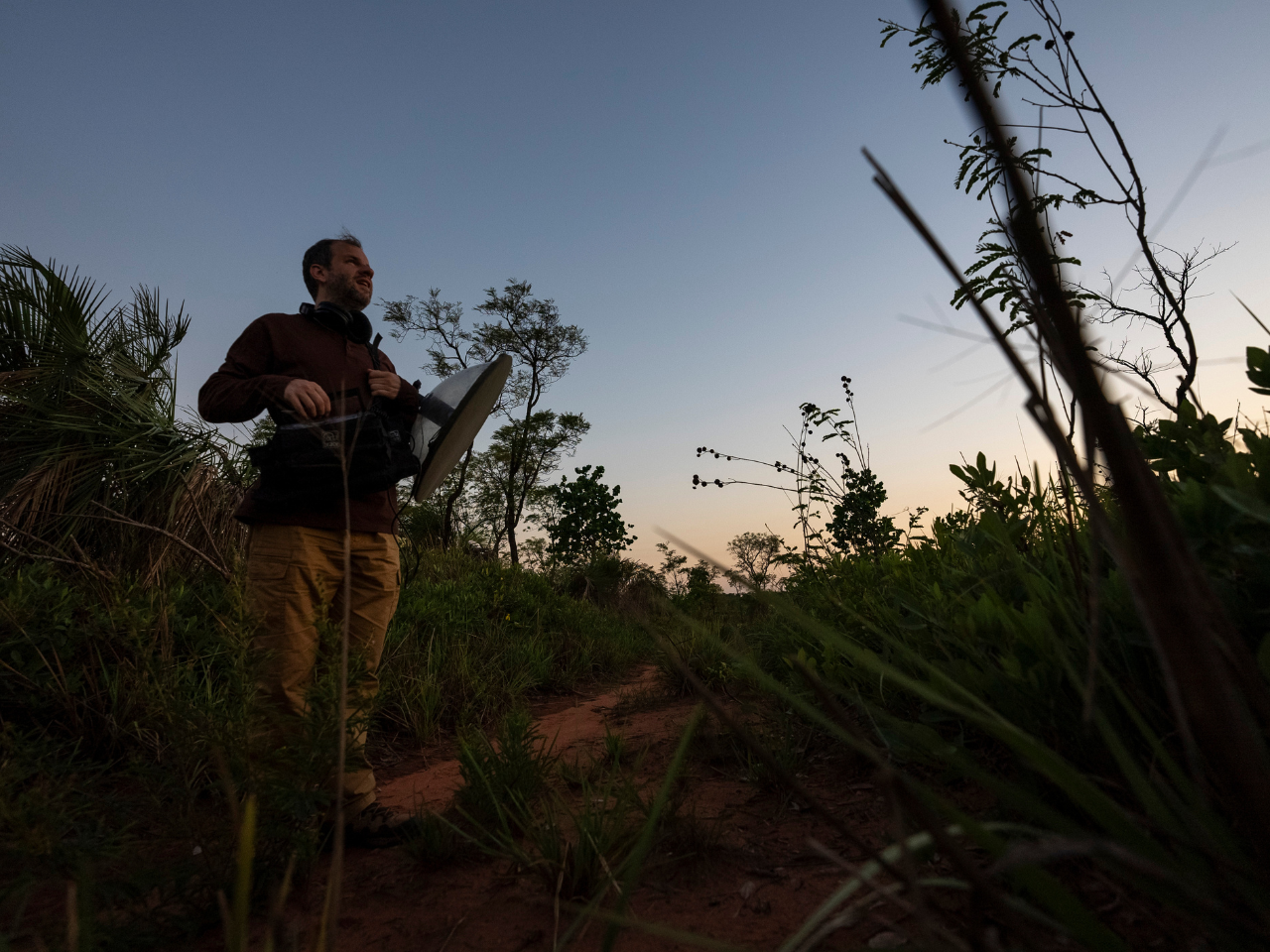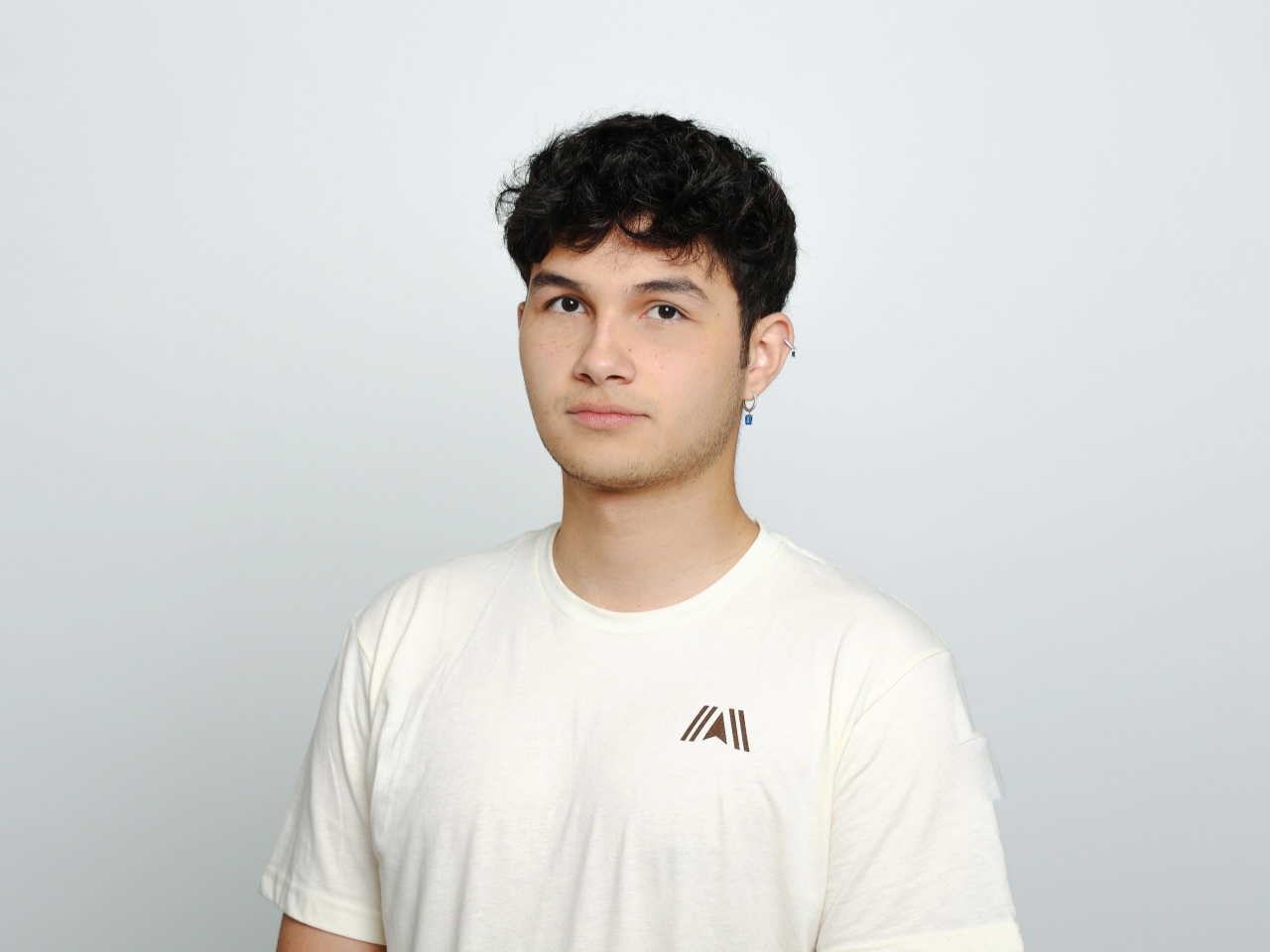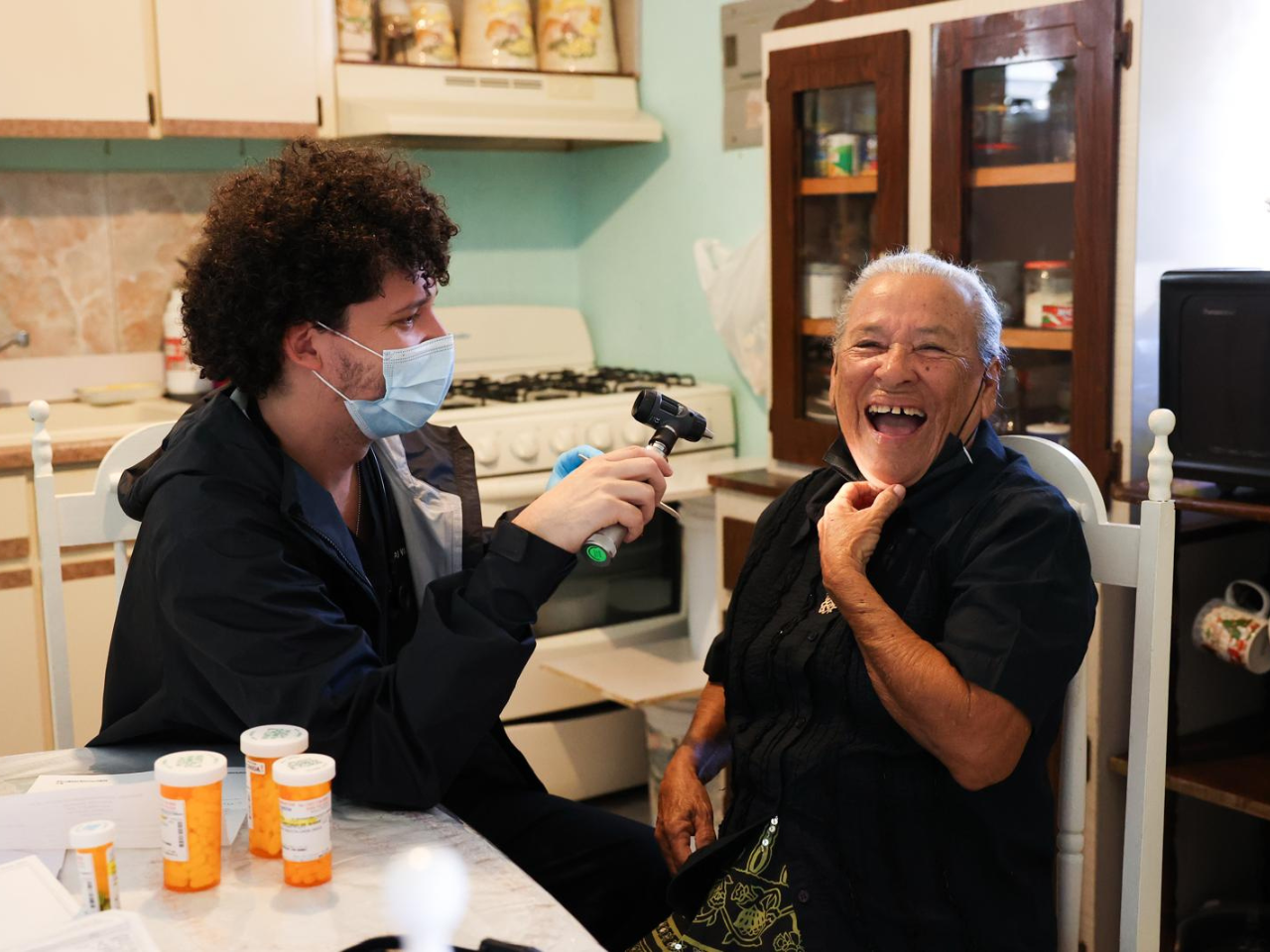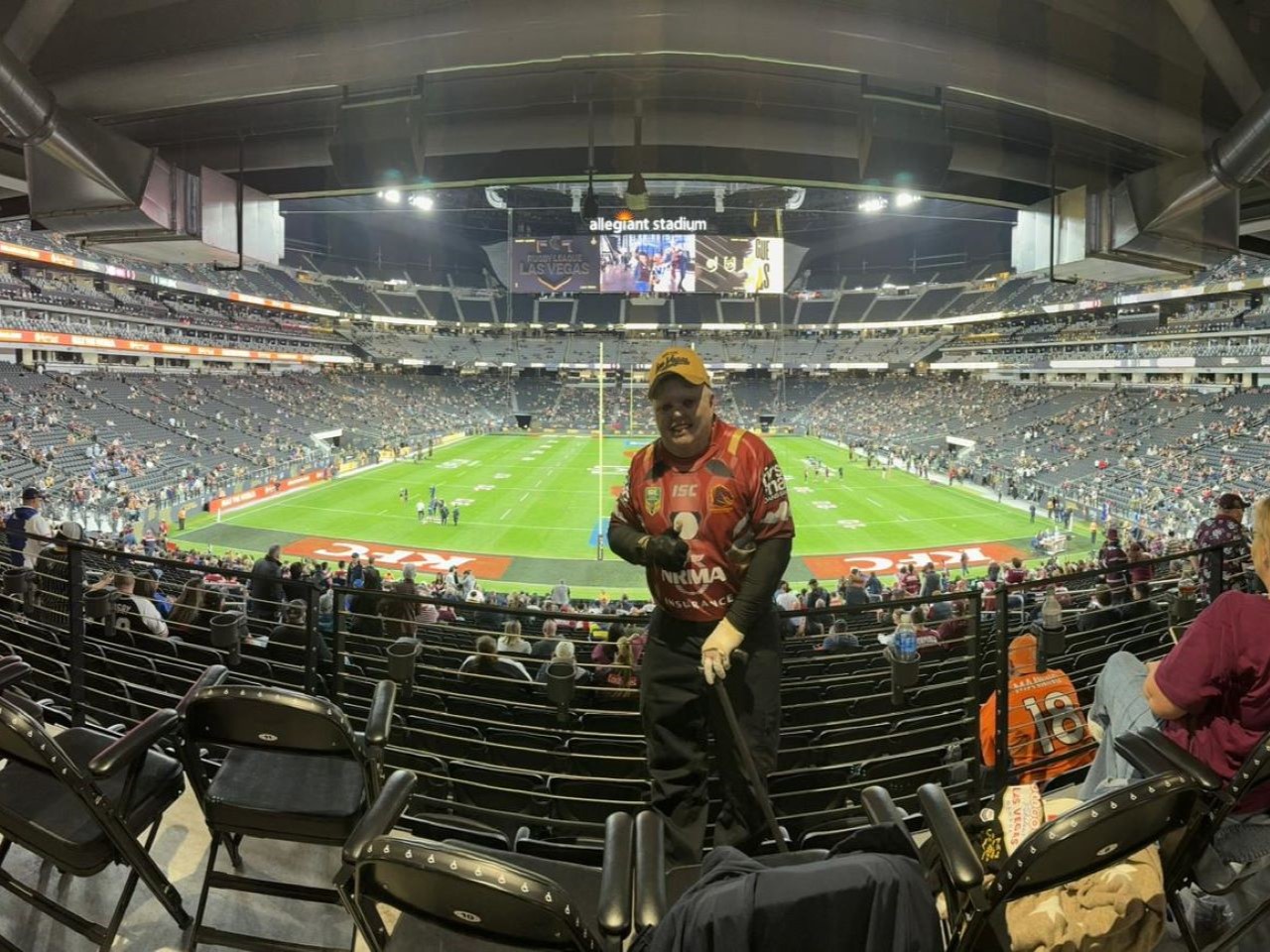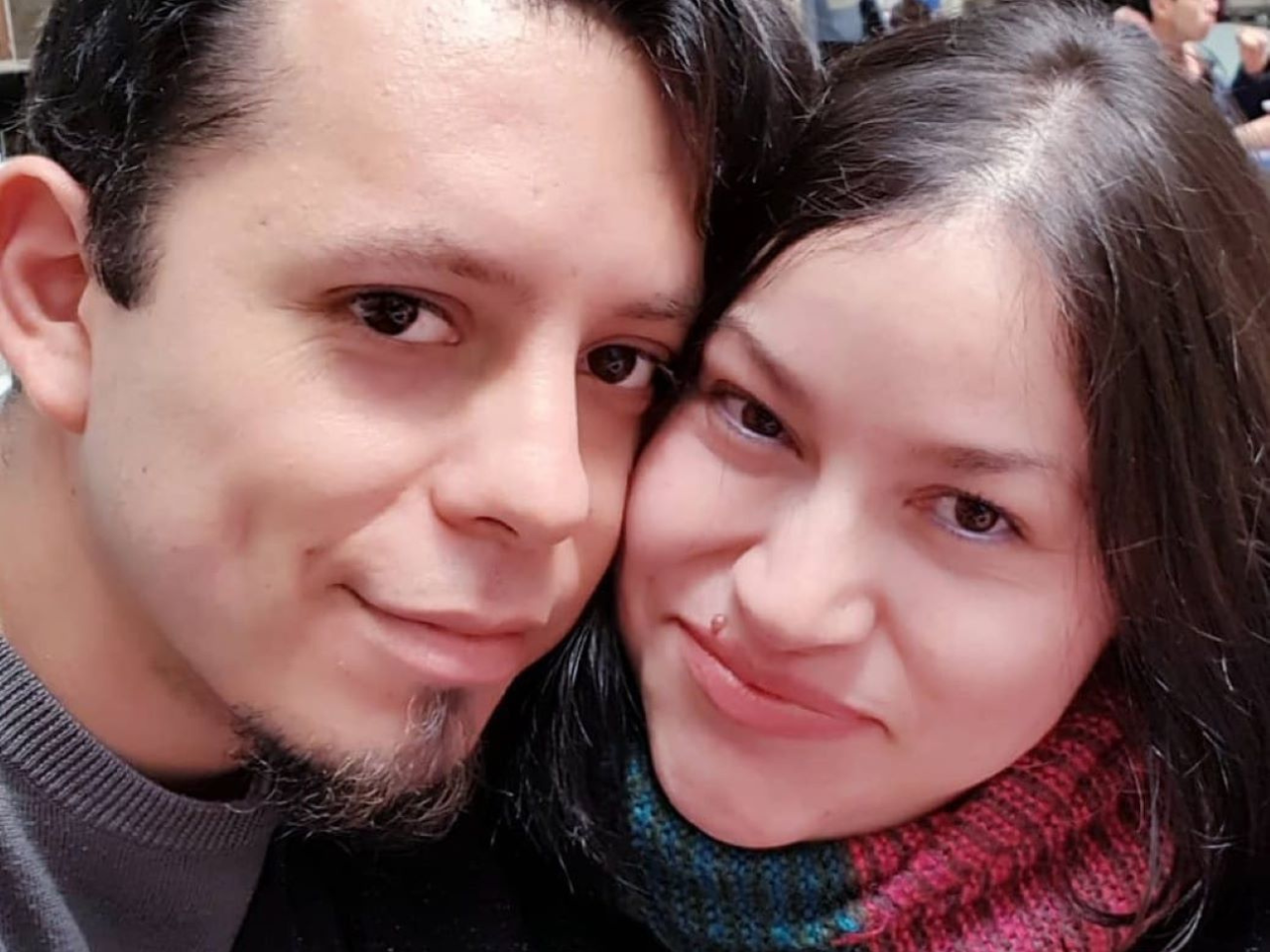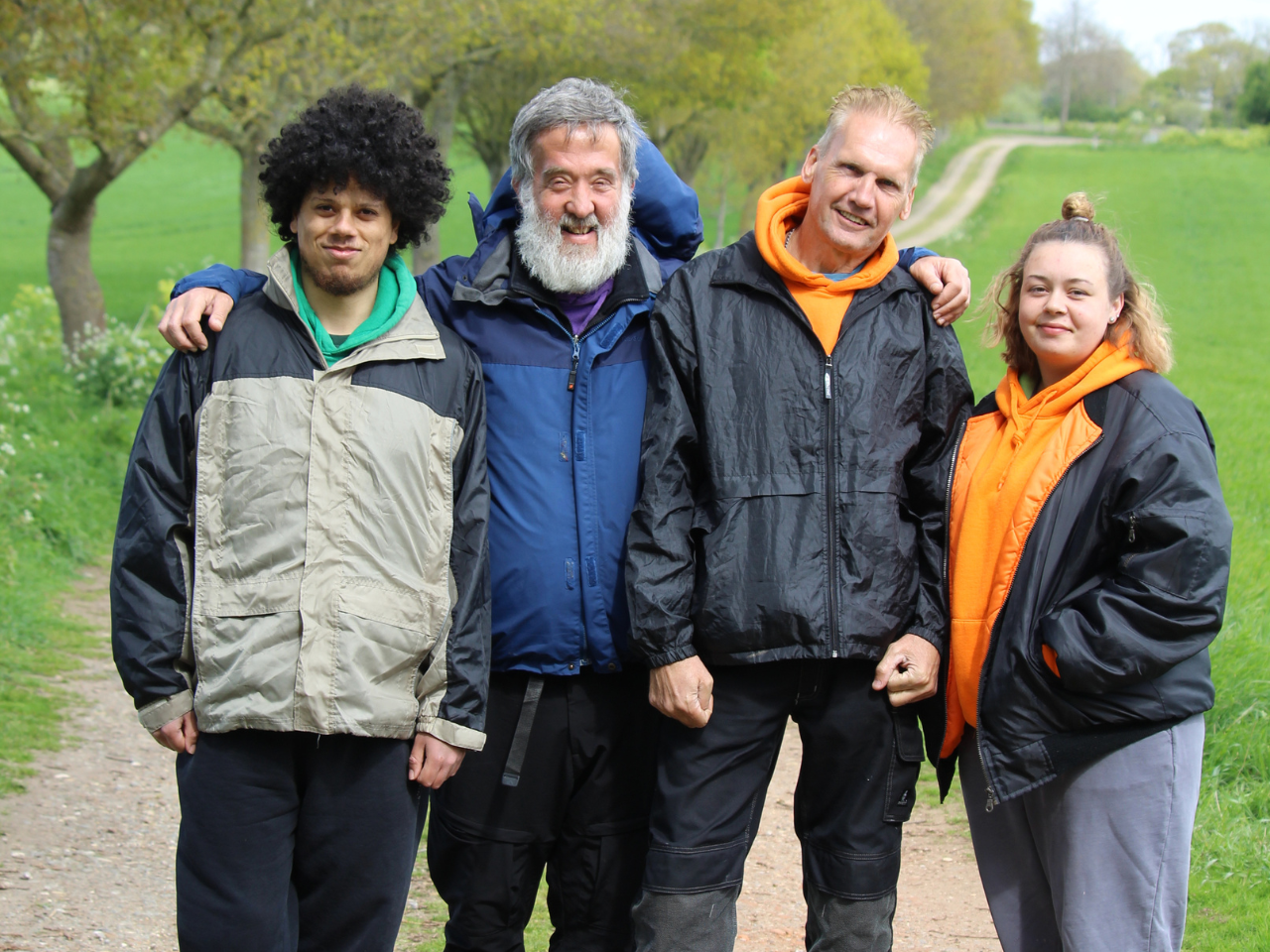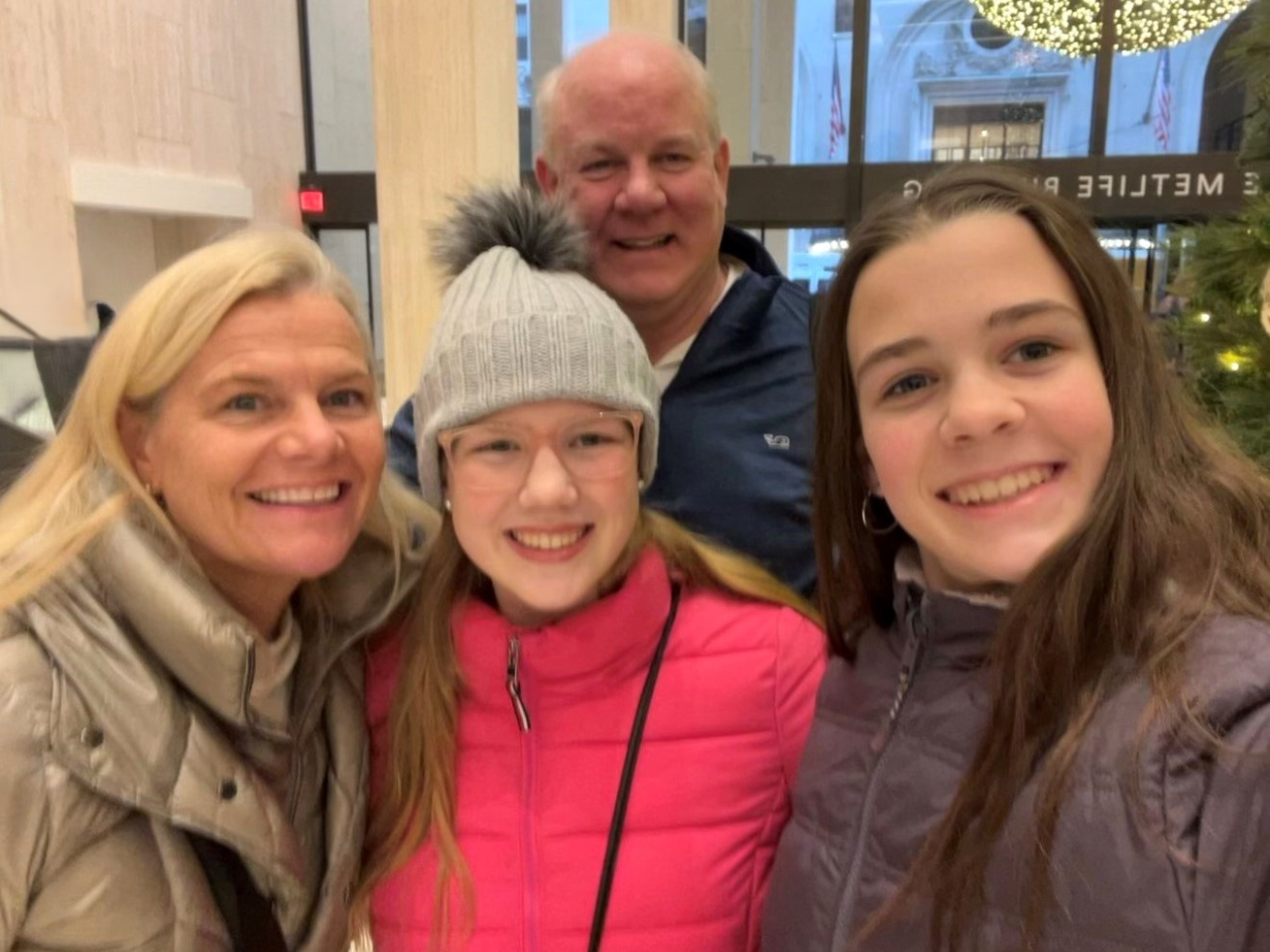Man born with albinism fights for rights in Kenya
I was born with albinism and my father disowned me. He said he cannot raise a pig. Today, I am the chairman of the Albinism Society of Kenya.
- 5 years ago
July 16, 2021
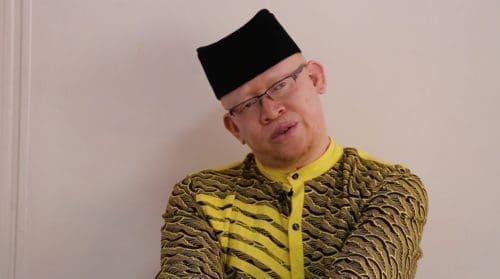
NAIROBI, Kenya – I was born with albinism and my father disowned me. He said he could not raise a pig.
My mother raised me single-handedly and I faced constant stigma in my community.
Today, I am the chairman of the Albinism Society of Kenya and I am the first Kenyan with albinism to become a Member of Parliament and a Senator.
I wear many hats and I fight to safeguard the rights of people living with albinism in Kenya and the African continent. I have advanced the rights of this vulnerable group, and a lot of what you see today in Kenya could not have been achieved without a concerted effort.
Now, I have been selected as a board member at the new Global Albinism Alliance where I hope to lead the charge from an international perspective.
Growing up with albinism
Having albinism brought many challenges. In the 1980’s it was rare and expensive to get sunscreen in Kenya. It was considered a luxury for western tourists.
My skin developed sores due to direct sun exposure and we had to make frequent hospital visits when the wounds persisted. In secondary school, we wore trousers that helped cover most of my lower body and protected me from direct sunlight.
During that time, people with albinism and their parents had little information about the condition and how to manage it. Even if we obtained sunscreen, we did not know how to use it.
The stigma of my condition was rampant. I could hear people talking about me on many occasions, even calling me a “mzungu,” the local name for a European. They would insult me, thinking I could not understand our local Kikuyu dialect. Adding to the stigma was the absence of my father.
Discrimination in my home because of my skin condition made me mad. No one supported me, I was all alone asking my soul, “Why?”
Early roots of leadership
At the age of five when I was in nursery school, I was a class prefect and began my quest to be a leader. My mother and grandmother worked at a farm owned by a local member of parliament who was adored by many. He was a role model for me.
In school, I perfected the arts of public speaking, acting, poetry, and activism so it was easy for me to strike up conversations with peers and people around me.
In my first year in university, I was selected to be a student leader and was the first person with albinism to hold that position.
More support for people with albinism
There are 9,700 people living in Kenya with albinism, according to the 2019 census, many of them in rural areas.
Despite widespread access to the internet and greater visibility, discrimination against people with albinism hasn’t abated.
Men with albinism face difficulty finding romantic partners.
Women with albinism are targeted and taken advantage of by men who don’t suffer from a skin condition. We’re either shunned as ugly or exoticized as potential conquests.
Since 2013, the people with albinism rights movement began to build momentum. That’s when I became a Member of Parliament.
Persons with albinism in my country are at the bottom of the social structure and very few of us make it into the limelight. When you have albinism, you are perceived as less useful and it is difficult to belong in society, but we are making progress.
During my time in parliament, we successfully petitioned the government to allocate money for people living with albinism to purchase their daily use products such as sunscreen.
Despite that, people with albinism in Africa are still hunted, killed, and trafficked for superstitious reasons. Some communities hold on to a false belief that albino skin or our body parts can be used to gain riches or cure diseases.
I have put a proposal before the African Union to nominate an ambassador who has albinism as a way of furthering our agenda. The initiative could improve the conditions and self-confidence of this target group which would otherwise be begging for help in society.
Three years ago, we held an all-albinism beauty pageant dubbed “Mr. and Miss Albinism,” aimed at helping build self-esteem. Now plans are underway to partner with other albinism societies across the continent to organize a bigger event.

